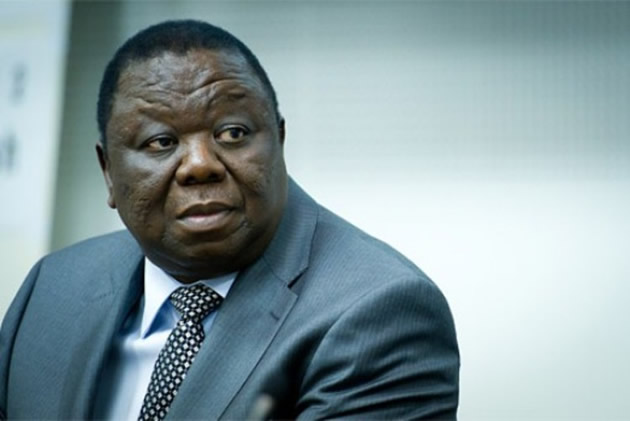Time to get the gender stereotyping blinkers off

 Ruth Butaumocho Gender Forum
Ruth Butaumocho Gender Forum
The gender discourse has been around for a long time. I can safely attest that it is one discussion that has evolved over generations from the 1960s when the feminist euphoria gripped Europe.
For a long time academics, researchers and activists have been seized with the subject, with each different school of thought trying to come up with a conclusive decision on how the social and cultural differences between men and women can be narrowed to the satisfaction of both sexes.
But there has not been an amicable solution from all parties and as such it remains an ongoing discussion, an area of further debate, research and continuous lobbying.
The discourse has also remained relevant in the court of public opinion, where it has been reduced to the basics and further redefined to simply mean women’s rights in challenging men’s status quo.
Gender discourse continues to dominate discussions in pubs, kombis and the court of public opinion, where some sections of the community simply dismiss gender issues as merely women’s issues, where the female populace want to upset the social equilibrium by clamouring for equal rights.
With so many negative euphemisms having been used to describe the gender discourse from different sections of society, I had promised myself that I would never partake in the discourse. My decision was premised on the fact that there seemed to be a lot of hate speech spewed from some sections of society that had long dismissed the gender discourse and yet they continued to persecute women who dared stand up for what they believed in.
It had been common to hear some men saying women keen on pursuing gender discourse, or better still fight against the oppression of women, had failed in their own personal lives and as such wanted to influence other women to join the bandwagon of “frustrated singletons, hiding behind the gender discourse”.
It was even said women who dare challenge the status quo were of questionable sexual orientation, having failed to live harmoniously with men.
So naturally it became difficult to engage in the discourse – no matter how noble the cause was – without opening yourself to scrutiny if not persecution for merely expressing an opinion.
I was also convinced that there were a lot of individuals who were better placed to speak with authority and conviction on the discourse without being emotional about the whole subject.
However, I had a change of heart after I attended a discussion hosted by a women’s organisation at the famous Quill Club last week.
During the discussion what came out clear was gender discourse was not meant to challenge men’s roles but create space for women alongside men.
Far from upsetting the social status quo, where men are culturally ordained as leaders, women merely want to be recognised as equally good, equal partners in development and good contenders to tackle challenges presented to them.
Some of these challenges include sharing boards, taking up executives posts rather than remain as acting office bearers until a “competent man” has been found to fill the vacancy.
During the discussion the participants – both men and women – noted that the gender discourse had been going on since time immemorial and yet little ground has been covered in areas of empowerment in politics and business.
It is, however, critical to note that women’s demise has nothing to do with the intelligence or capabilities but has got everything to do with their physiology.
What is shocking is that this argument is still being presented in 2014, the time gender discourse should have moved to another level a long time ago.
Women have been long known to be leaders from the time of Mbuya Nehanda to where we are right now. They have been leading international corporations and governments worldwide for decades
Look at the First World nations, and at Africa, and Latin America, and even India, and there will be women proving daily that they are as capable as men.
Zimbabwean women are no less competent than women anywhere else and deserve no less dignity.
Some men point to the physical differences between men and women to justify inequality.
It’s an appealing argument to them because it provides two benefits: it allows men to avoid taking responsibility for their own harmful behaviours, and presents inequality as an inevitable condition caused by nature which isn’t open to debate.
It’s one of the most well-established of the arguments here; the biologist’s excuse has been a long standard showing up at various times and places throughout the history of women’s rights struggles.
It is about time that we all understand that the benefits of gender equality are not one sided. There are various developmental benefits that can be enjoyed if our societies allow women and men to enjoy the same opportunities, outcomes, rights and obligations.
When there is equal distribution of power and influence in both sexes, we all have the independence.
Independence to achieve our goals, to work our way up without paying any form of extra “tax” to develop ambitions.
When that happens, it means that we become a people who are driven by the same vision, aspirations, challenges and we will certainly succeed.









Comments